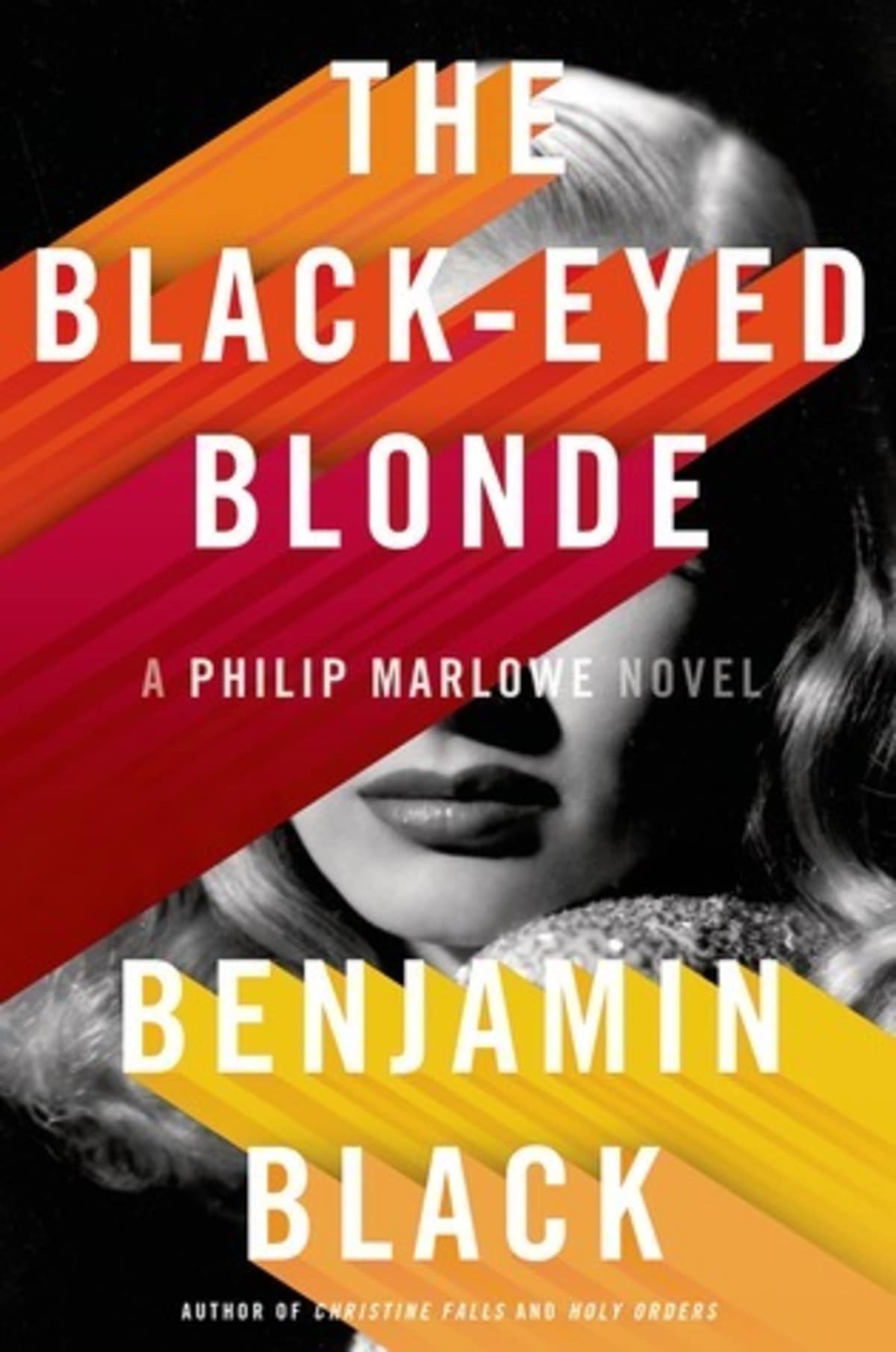John Banville has been my favourite living writer since the 80's, when my reading diet was almost completely restricted to an Irish menu, and before I got the noir bug. Then, when I converted to noir as an eager disciple, Chandler was my first Master.
So, when Banville felt the need to scratch the itch of thrills and spills through his new Benjamin Black persona, and then got the nod for a new Marlowe, I knew hatches would be battened in advance of a perfect storm of murder, mayhem, a double-dealing dame and a wise-cracking gumshoe.
A beautiful client, Clare Cavendish, rich and mysterious, a missing link, to be found dead or alive, the flatfoot cop to be manipulated and avoided. Even a Sydney Greenstreet character and an Elisha Cook Jnr. (and a nice touch, a reference to Aidan Higgins' 'Langrishe, Go Down).
"I turned to go, then stopped. How beautiful she was, standing in the sun in her cool white linen, with all that shining glass and candy-pink stone behind her. I could still feel the softness of her mouth on mine. "Tell me," I said, "how did you hear about Peterson's death?"
"Oh," she said, perfectly casual, "I was there when it happened."
I started it with the frame of mind that this was the original Chandler, with Banville skulking in an anonymous background. After a while, and it wasn't long, I dispensed with the illusion. Only one Chandler, and only one Banville, so I was happy to change tracks and jump on the Banville express to Bay City and the Ritz-Beverly. Like Marlowe says:
"I had the phone in my hand and was dialing her number before I knew what I was doing. There are times when you find yourself following your instincts like a well-trained dog trotting behind the heels of its master."
I expected Chandler but got Banville - not a bad deal for this well-trained Banville dog.
Chandler said, "Mystery and the solution of the mystery are only what I call 'the olive in the Martini'. The really good mystery is one you would read even if you knew somebody had torn out the last chapter."
The Black Eyed Blonde fits that bill: worth reading even if the last chapter doesn't explode into a pyrotechnic rapture of Marlowe redemption.
Banville is, I believe, a Wexford man. Raymond Chandler's people were from the neighbouring county, Waterford, and the young Raymond, apparently spent many's a happy day of his childhood wandering the streets of Waterford City.
If Banville/Black is to mix the Marlowe Martini again, maybe he will revisit a plotline that Chandler was considering shortly before his death, as confided to a Waterford writer Bill Long, who became Chandler's neighbour in London in the late 50's:
" Crowds tired him and, often, he and Long would leave the party-goers and retire to Chandler's study where, invariably, Chandler wanted to talk about Waterford. He would ask Long to tell him about the Waterford of Long's youth, forty years after Chandler had known it. Long said that Chandler would often take pencil and paper, and make lists of streets and squares and laneways of the old city, just as James Joyce did in recalling Dublin. Chandler often spoke about Power's second-hand bookshop that he frequented in Waterford. This was the famous "Sticky Back" Power's shop, known to several generations of Waterford people. Chandler startled Long, on one occasion when he was talking about "Sticky Back's," by saying that he had been thinking about the old bookshop and had come up with an idea for a new Philip Marlowe novel. He thought it would be a wonderful idea to use the shop, and the maze of streets and lanes surrounding it, as a setting for the novel. He outlined the plot: -
Marlowe is visiting Ireland and he stops in Waterford for a few days. He visits a bar on the quays in Waterford and there he witnesses a fight between sailors from different ships. The next day he hears that one of the sailors from the fight has been murdered and the body was found slumped in Sticky Back's doorway. That evening Marlowe is recognized by the captain of the murdered sailor's boat and is asked to investigate."
I think Banville would make a beautiful martini from that mix, olive and all.
